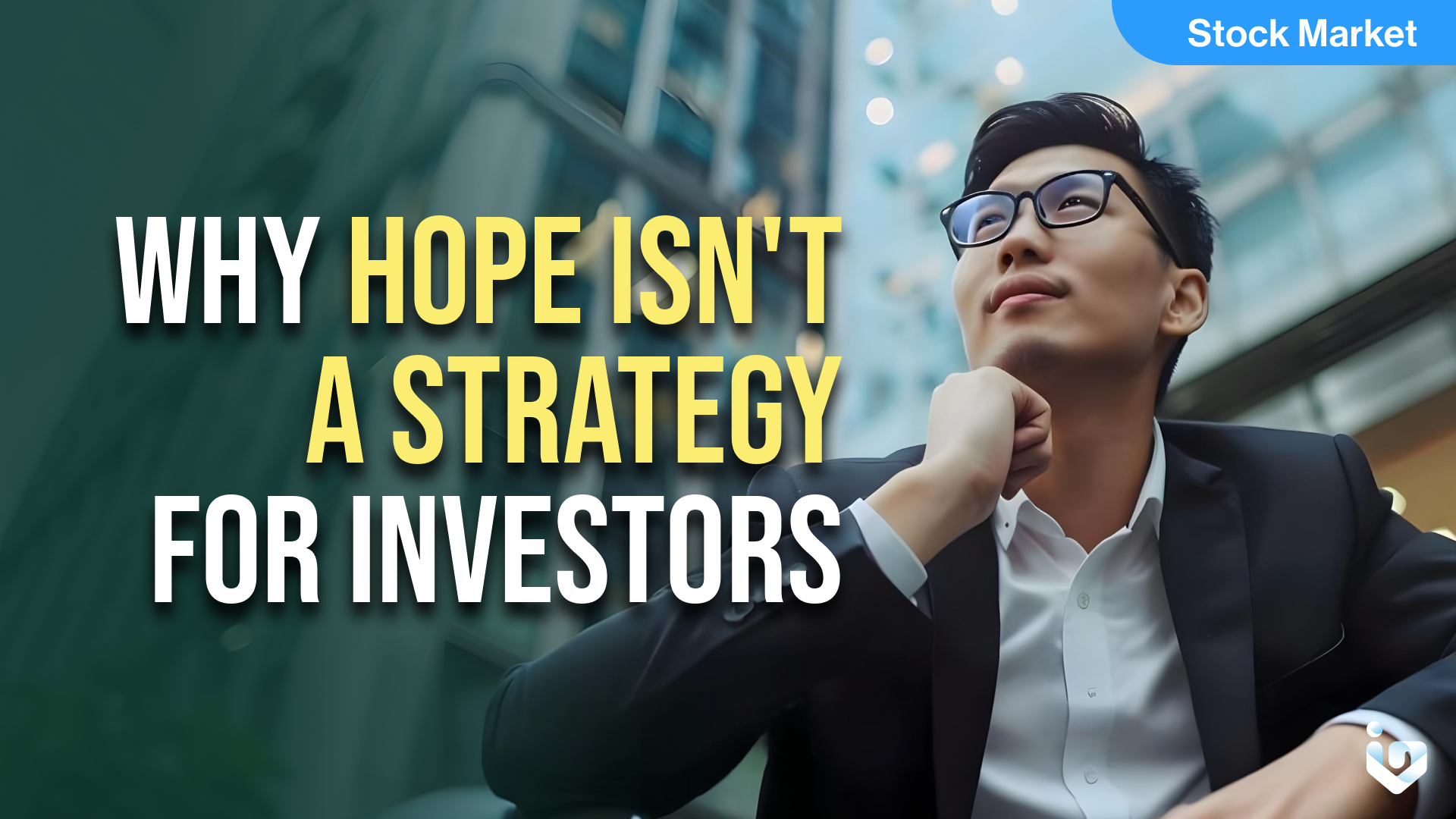Investing is a field dominated by strategic planning and precise decision-making. Hope, as uplifting as it can be, is not a strategy when it comes to the serious business of investing. This article delves into why hope is not an effective investment strategy and what investors should focus on instead.
Understanding the Market
The market is an ever-changing entity that requires a deep understanding of economic indicators, market trends, and financial statements. Relying on hope means ignoring these critical factors that can guide investors to make informed decisions. Instead, investors should educate themselves on market dynamics and how they can affect their investment portfolios.
The Role of Research
Research is a cornerstone of successful investing. It involves analyzing the performance of assets, understanding the risks involved, and keeping up-to-date with the latest news that could impact investments. Hope does not equate to the meticulous research required to forecast potential returns or identify the right time to buy or sell.
Risk Management
Hope does not manage risk; strategies do. Effective risk management involves diversifying investments, setting stop-loss orders, and regularly reviewing and adjusting portfolios to align with one’s investment goals and risk tolerance. These calculated steps help mitigate losses and protect gains, something hope alone cannot guarantee.
The Importance of Setting Goals
Investors need clear, achievable goals. Hope is not a goal; it’s an emotion. Goals should be specific, measurable, attainable, relevant, and time-bound (SMART). They provide direction and help investors stay focused on the long-term objectives, rather than being swayed by short-term market fluctuations.
Emotional Discipline
Investing requires emotional discipline. Hope can lead to emotional decisions, which are often counterproductive in investing. Investors should strive to maintain a level head, making decisions based on logic and strategy rather than feelings or hunches.
Conclusion
Hope is a positive emotion, but it is not a substitute for a well-thought-out investment strategy. Investors should rely on research, understand the markets, manage risks effectively, set clear goals, and maintain emotional discipline. By doing so, they can create a robust framework for making investment decisions that are not based on hope, but on solid, strategic foundations.
